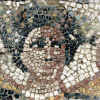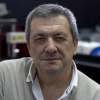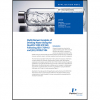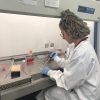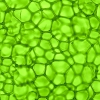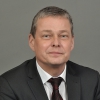
Analytical chemists from the University of Amsterdam and Vrije Universiteit Amsterdam have, together with the Netherlands Forensic Institute and the companies Genentech, Shell and DSM, started the PARADISE project to develop robust, automated methodologies that allow multidimensional characterisation of the most challenging man-made and natural products. The project has been awarded funding of almost a million euros from the Science PPP Fund of the Netherlands Organisation for Scientific Research NWO.
A multitude of analytical techniques is often required to assess the composition and to characterise the various properties of the components of the analysed materials. A major problem is that in many cases those techniques have to be applied separately, as a result, often the most-relevant properties, and in particular the relations between these, cannot be assessed. As an example, many drug-delivery systems used in medical applications consist of biopolymeric particles that release an active pharmaceutical ingredient. Analytical methods are applied to study, for instance, the composition of these particles, their stability, their drug content and the release characteristics of these drugs. However, most of the time it is impossible to study several of these properties in conjunction. The methods allow for instance analysis of particle content or particle size, but not both since the former analysis requires the destruction of the particles.
The PARADISE project provides a novel approach for the analysis of multiple properties of complex samples through the sequential application of complementing analytical techniques. The challenge here is to retain property relations at the molecular scale through intelligent combination (or modulation) of the subsequent analysis steps.
Successful modulation allows the coupling of two orthogonal methods, yielding information on two dimensions of the sample and the correlation between these. In the PARADISE project, new modulation tools will be developed for the coupling of previously incompatible techniques. Furthermore, methods will be developed to characterise sample properties that cannot currently be measured as well as methods to obtain correlations between different sample dimensions from single experiments.
In addition to developing new technologies to enable meaningful comprehensive orthogonal analysis, PARADISE will also develop tools for (largely) automated method data analysis and optimisation also by using Artificial Intelligence tools.







